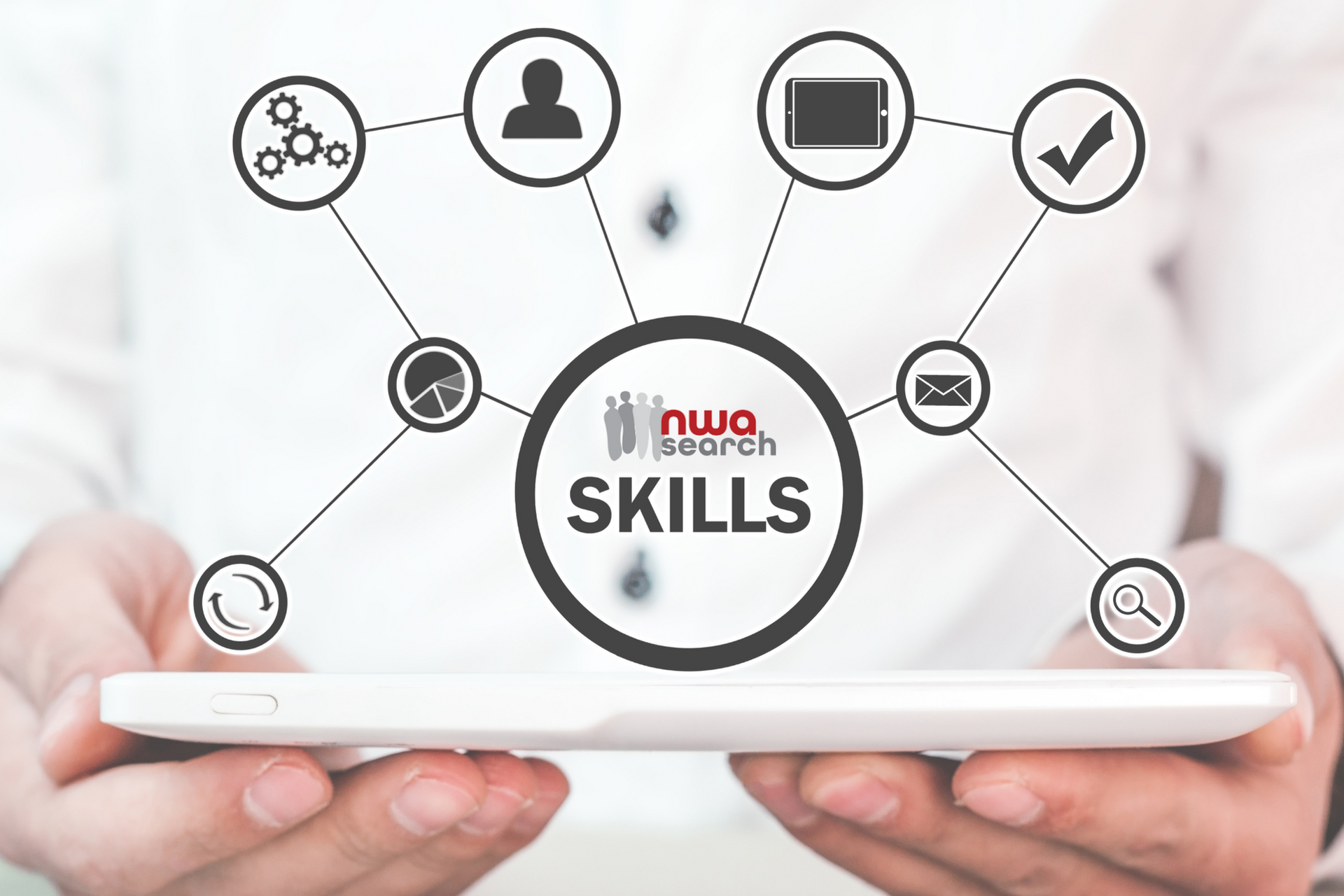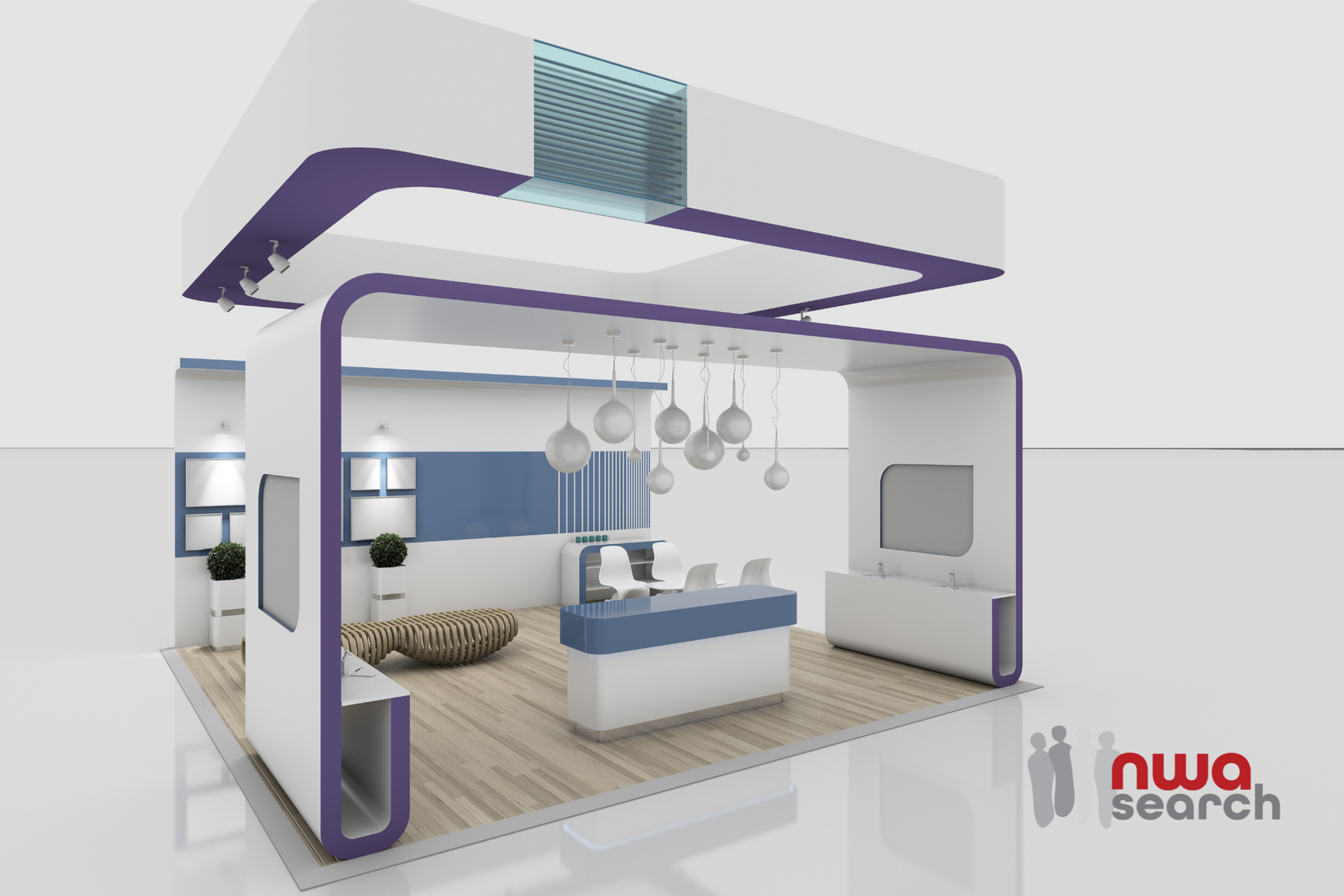Captivating and Embracing Professionals in A Post-Pandemic World
Covid has accelerated the demand for continual development and learning and development teams must now look at how they can prioritise growth in order to retain talent, says Nicola Amiss.
The post-Covid world seems to be a concept on everyone’s minds as we start to emerge from our pandemic-induced bunkers. In this respect, one thing is certain, we are still in a time of momentous change. This does, however, bring certain pressures to bear upon businesses that are having to adapt at ever-increasing speeds to a different world.Changes in ways of working, how products and services are sold and underlying consumer values have come about as a result of the pandemic. For learning and development (L&D) departments and people developers everywhere, this means an accelerated demand for lifelong learning.
The shift to lifelong learning was happening anyway, but the pandemic has sped it up massively. A generational shift has certainly been a part of that, with the younger generation likely to move frequently rather than going into a ‘career’ job for life. With these changes, they expect (and demand) varied and continual learning experiences. This, coupled with the pandemic pressures, has resulted in a need to not only continue to learn new things, but doing so at an ever-greater pace.
Gone are the days of qualifying to do a job for life and only tinkering around the edges of existing competencies.
The lifelong learning manifesto
The concept of lifelong learning has existed in the world of education for a long time. This was spurred on by the development of iconic institutions like the Open University and the University of the Third Age (u3a) in the late 60s and 70s, which came about in response to a democratisation of knowledge and skills.
But lifelong learning has gone mainstream in the last decade – career models have fragmented, easy access to low/ no-cost online learning has become the norm, and the desire to cultivate a growth mindset has increasingly gripped school age students, early career professionals, returnees to the workplace and more mature learners alike.
In part, this also acknowledges that the pace of technological innovation and the cross-functional nature of roles means line managers must often coach across domains they may not be technical experts in and that for the learner, approaching how they learn is as important as what they learn.
Organisations especially recognise continual development as a way of gaining a market advantage and maintaining relevance in an increasingly competitive world. Data shows that cultivating a learning culture generates engagement, helps to retain talent and boosts productivity.
The future has arrived
An organisation’s five or ten-year plan in 2019 will look drastically different to their plan today, and that’s a direct result of the pandemic. It has caused individuals, teams and whole organisations to pivot their business-as-usual model into a much more responsive and agile approach.
For many, it has increased the speed with which certain projects need to be moved forward. If you work in the retail industry, for example, all of a sudden, online delivery is no longer “simply nice to have”. Companies don’t have three to five years to get to grips with going online. The future is very much now (and sometimes feels like yesterday).
It’s a brutal equation – there is more to know and do in a lot less time. In this context, months-long learning and development timelines become increasingly redundant. Instead, organisations need to equip employees to learn fast and become architects of their own learning, with a little help.
The ‘quaran-teen’ generation forging a new path
It is predicted that the biggest wave of lifelong learning is still to come. Our institutions of learning, our education system and the way we support people going into work have also seen a huge change throughout the pandemic – the next generation of employees will view lifelong learning as the default.
This generation has grown up in an ultra-fast-paced, ever-changing world, and will arrive in the workplace with the expectation of having to adapt quickly and continually. While they embrace and prize the virtues of self-responsibility and autonomy, they also increasingly expect their chosen workplace to be as serious about their personal and professional growth as they are.
Therefore, any organisation which seeks to attract and retain the brightest talents, with the greatest learning agility and growth mindset, need to make good on their promise to enable ambitions of perennial growth, or risk losing such talent to those competitors that will.
There is no better demonstration of fast-paced, constantly evolving social learning than what goes on every second of every day on the web. The learning industry has sought to mirror the best of the web in surfacing personalised content quickly and easily and going social wherever possible. And much of this has been enabled by a revolution in data analytics and digitisation, only made possible by the application of AI.
All this is positive and frankly timely; the ability to learn continually is a prerequisite of the post-Covid world. The sooner organisations catch up, the better. For those that commit to that challenge, the prize is significant – to be at the forefront of the post-pandemic revolution in employee and customer experience.
Nicola Amiss is client director at Capita Learning. People Management.










